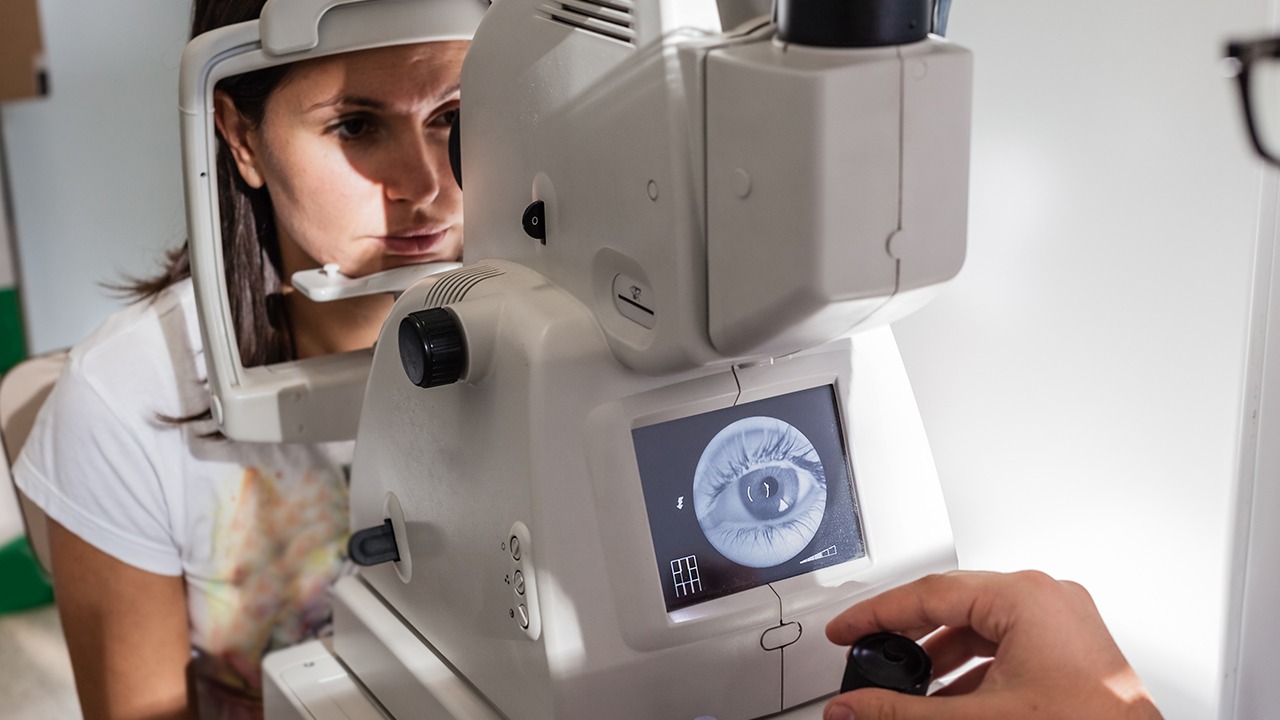What is the Cause of Anogenital Herpes?

Anogenital herpes is a sexually transmitted infection (STI) caused by the herpes simplex virus (HSV). HSV is a common virus that can cause a range of symptoms, from mild sores to severe blisters and ulcers. Anogenital herpes is typically caused by HSV type 1 or HSV type 2.
How is anogenital herpes spread?
Anogenital herpes is spread through contact with infected bodily fluids, such as semen, vaginal fluids, or saliva. The virus can be transmitted during vaginal, ***, or oral sex. It can also be spread through sharing sex toys with an infected person.
What are the symptoms of anogenital herpes?
The symptoms of anogenital herpes can vary depending on the type of HSV that is causing the infection.
HSV-1: HSV-1 typically causes oral herpes, which can produce cold sores or blisters on the lips, mouth, or face. However, HSV-1 can also cause anogenital herpes, which can produce sores or blisters on the genitals, anus, or rectum.
HSV-2: HSV-2 typically causes genital herpes, which can produce sores or blisters on the genitals, anus, or rectum. HSV-2 can also cause oral herpes.
The symptoms of anogenital herpes can range from mild to severe. Some people may only experience mild symptoms, such as a few small sores or blisters. Others may experience more severe symptoms, such as large, painful ulcers or blisters.
The initial outbreak of anogenital herpes is often the most severe. Symptoms may include:
Sores or blisters on the genitals, anus, or rectum
Pain or itching in the genital area
Swollen lymph nodes
Fever
Chills
Fatigue
Muscle aches
After the initial outbreak, the symptoms of anogenital herpes may recur from time to time. These recurrences are often less severe than the initial outbreak and may only last for a few days.
How is anogenital herpes diagnosed?
Anogenital herpes is diagnosed based on a physical examination and a history of symptoms. Your doctor may also order a blood test to confirm the diagnosis.
How is anogenital herpes treated?
There is no cure for anogenital herpes. However, there are treatments that can help to reduce the symptoms of the infection and prevent outbreaks.
Treatment options for anogenital herpes include:
Antiviral medications: Antiviral medications can help to reduce the symptoms of anogenital herpes and prevent outbreaks. These medications are most effective when taken at the first sign of an outbreak.
Pain relievers: Pain relievers can help to relieve the pain and discomfort associated with anogenital herpes.
Sitz baths: Sitz baths can help to soothe the pain and itching associated with anogenital herpes.
Ice packs: Ice packs can help to reduce inflammation and pain associated with anogenital herpes.
How can I prevent anogenital herpes?
There is no sure way to prevent anogenital herpes. However, there are some things you can do to reduce your risk of infection, such as:
Get vaccinated: The HPV vaccine can help to protect against HSV-1 and HSV-2.
Use condoms: Condoms can help to reduce the risk of transmission of HSV.
Limit your number of sexual partners: The more sexual partners you have, the greater your risk of contracting HSV.
Be aware of the symptoms of HSV: If you think you may have HSV, see a doctor right away. Early diagnosis and treatment can help to reduce the risk of complications.
What are the complications of anogenital herpes?
Anogenital herpes can lead to a number of complications, such as:
Neonatal herpes: Neonatal herpes is a rare but serious condition that can occur when a newborn baby is infected with HSV. Neonatal herpes can cause a range of symptoms, including seizures, brain damage, and death.
Genital warts: Genital warts are caused by the human papillomavirus (HPV). HPV can be transmitted through sexual contact. People with anogenital herpes are at an increased risk of developing genital warts.
Cervical cancer: Cervical cancer is a type of cancer that can occur in women who have been infected with HSV.
Meningitis: Meningitis is a serious infection of the brain and spinal cord. Meningitis can be caused by a number of different viruses, including HSV.
Encephalitis: Encephalitis is a serious infection of the brain. Encephalitis can be caused by a number of different viruses, including HSV.
When should I see a doctor?
You should see a doctor if you think you may have anogenital herpes. Early diagnosis and treatment can help to reduce the risk of complications.
The above is all the content that the editor wants to share with you. I sincerely hope that these contents can bring some help to your life and health, and I also wish that your life will be happier and happier.
Topic: #the #is #what- • What is the relationship between kidneys and prostate
- • What to do if the umbilical cord wraps around your neck in late pregnancy
- • How to reduce the impact of colds on the fetus during pregnancy
- • The best dietary therapy for neonatal hypoxic-ischemic encephalopathy
- • Detailed explanation of the causes of neonatal hypoxic-ischemic encephalopathy
















